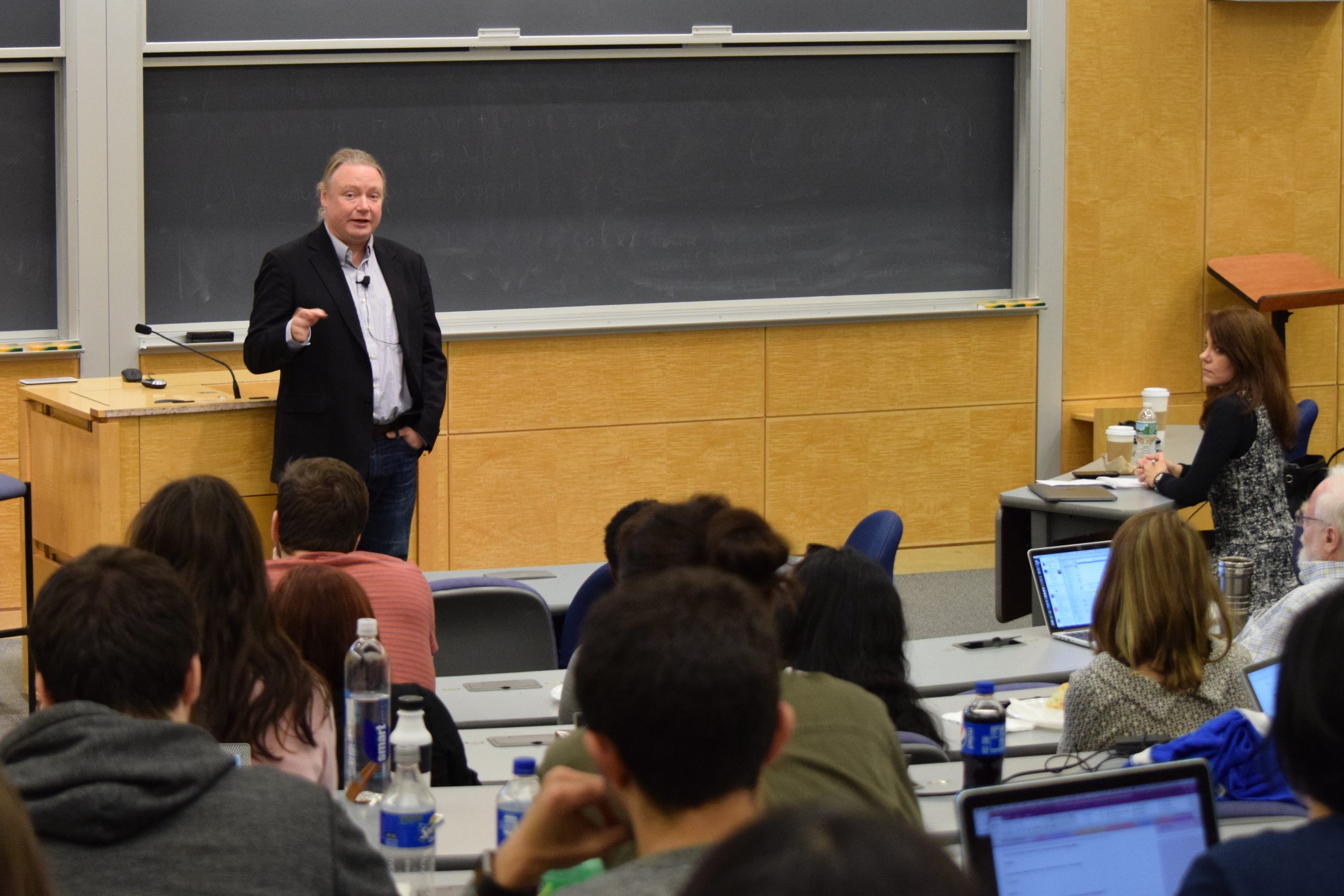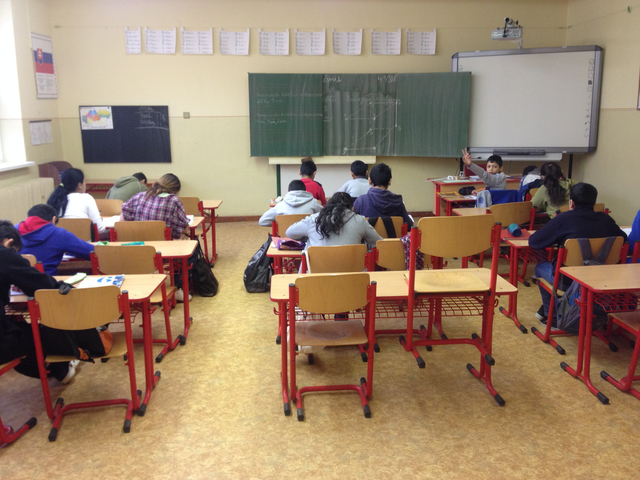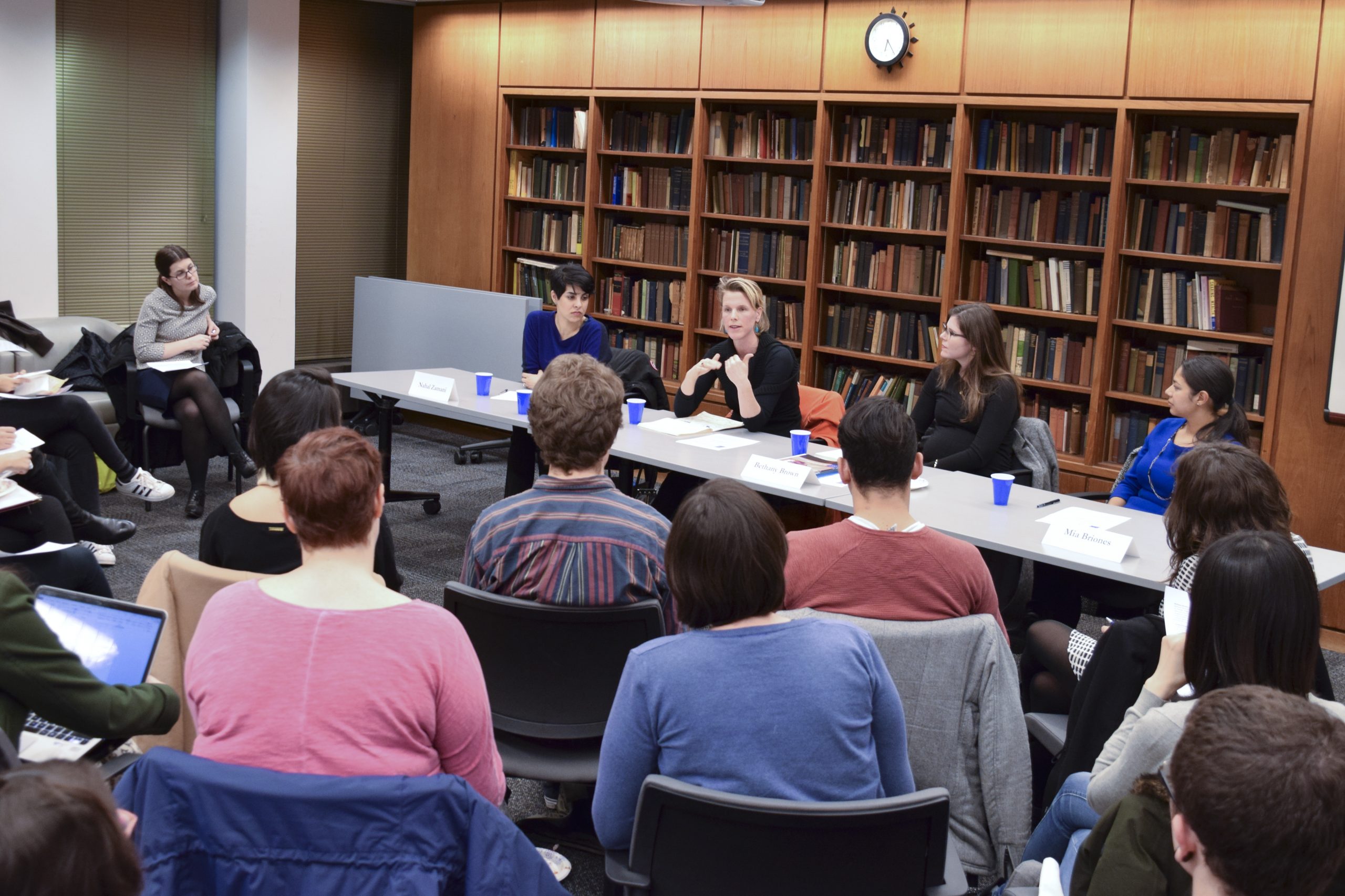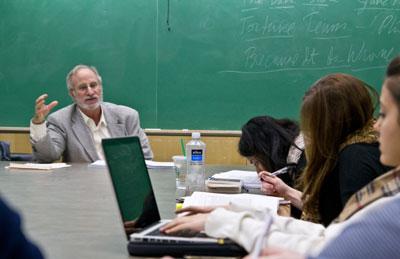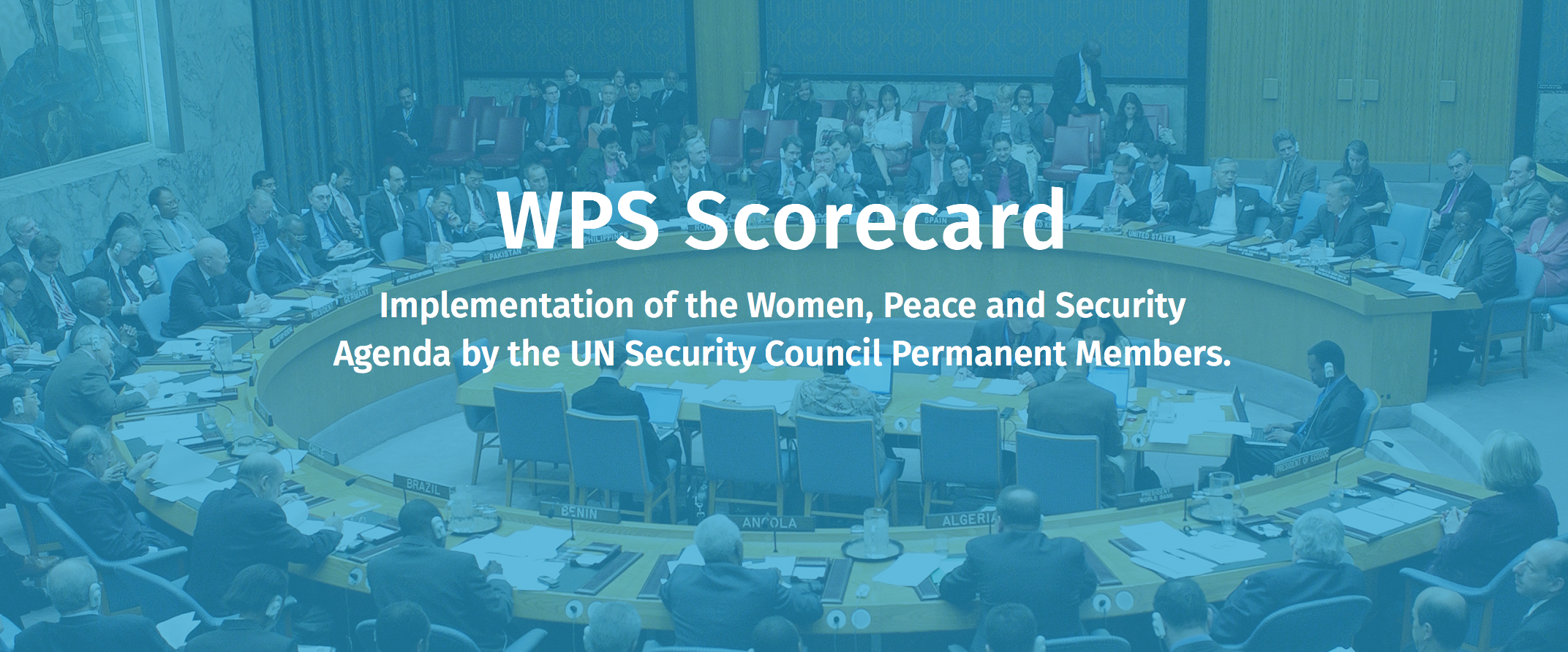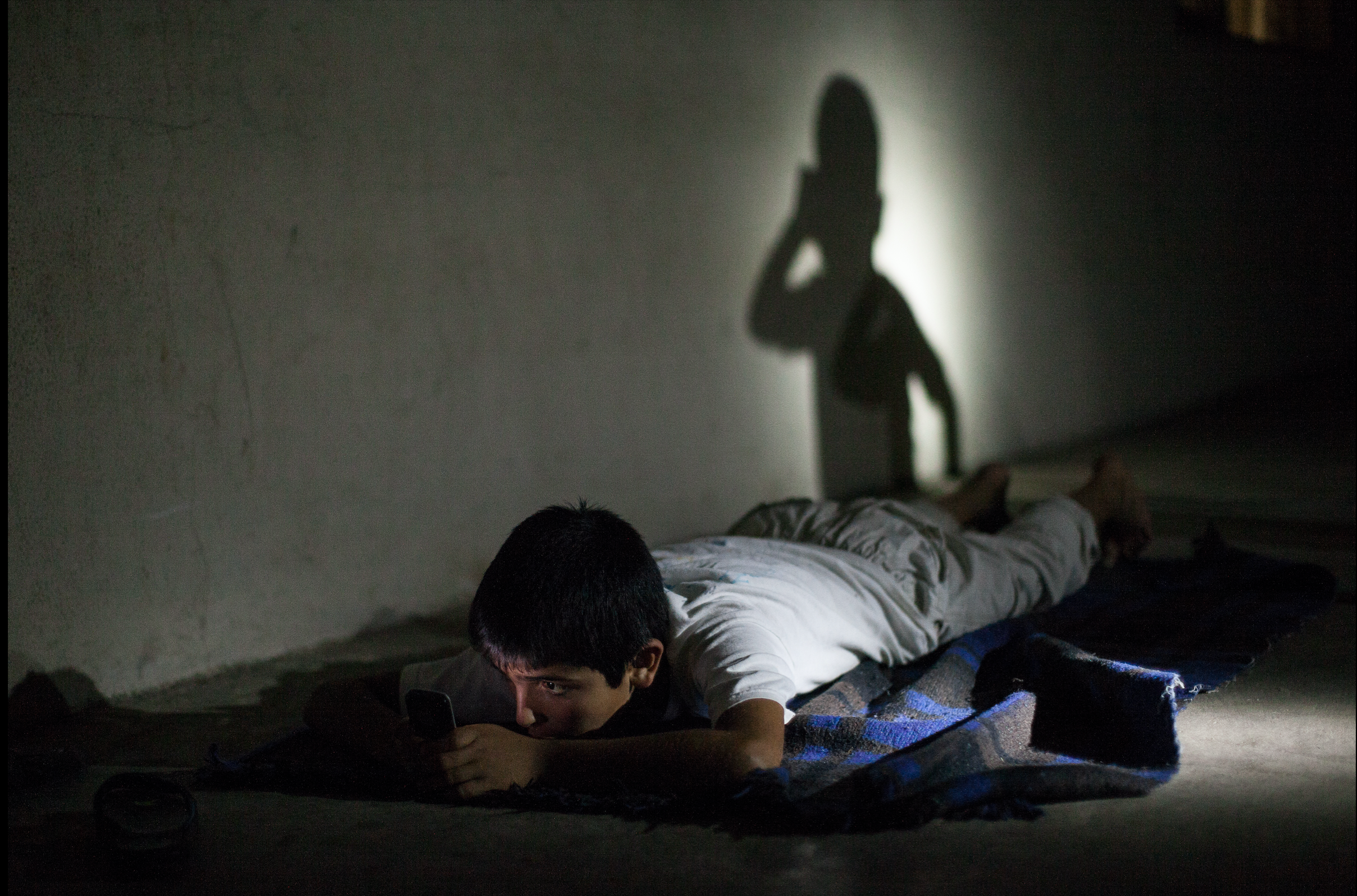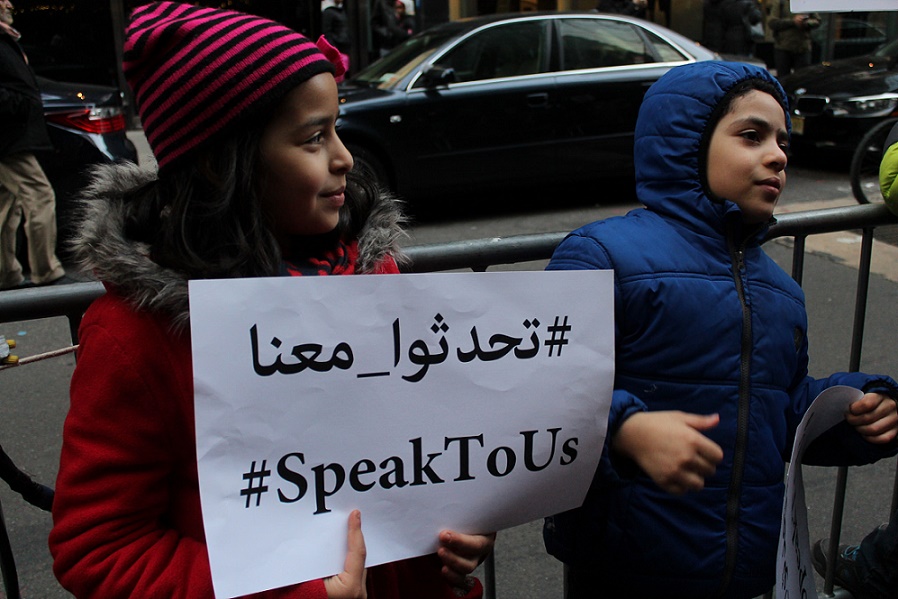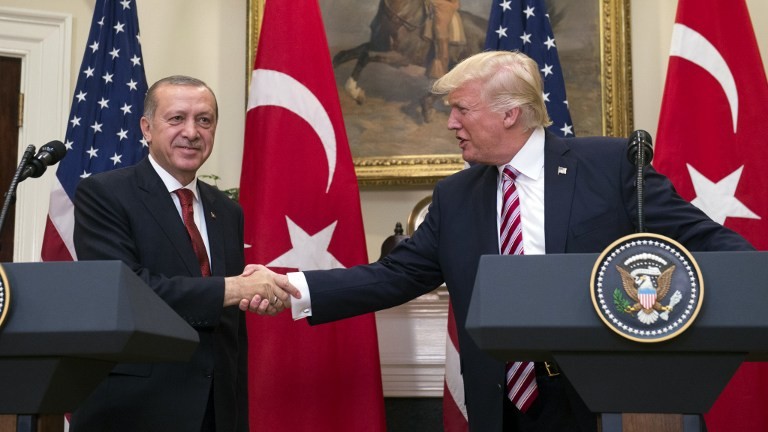
Trump and Erdogan: Too Much in Common
By Ariella Lang, Institute for the Study of Human Rights at Columbia University
In President Trump’s recent meeting with Turkey’s President Erdogan, Trump said nothing about the authoritarian crackdown currently underway in Turkey, nor did he condemn the attack by armed members of Erdogan’s security team on protestors outside the Turkish embassy in Washington, D.C., in which American Diplomatic Security officers were assaulted and nine people were hospitalized. President Erdogan apparently watched the melee unfold from the embassy steps.
The same week that these events unfolded in D.C., the summary judgement and sentencing was handed down in a Turkish court with regard to the case against Murat Celikkan, a journalist and prominent Turkish human rights activist. Celikkan had been accused of spreading propaganda for a terrorist organization because of his involvement in the campaign to protest the crackdown and ultimate closure of the Özgür Gündem daily newspaper.
Özgür Gündem was one of 15 media outlets that had to shut their doors after a...



